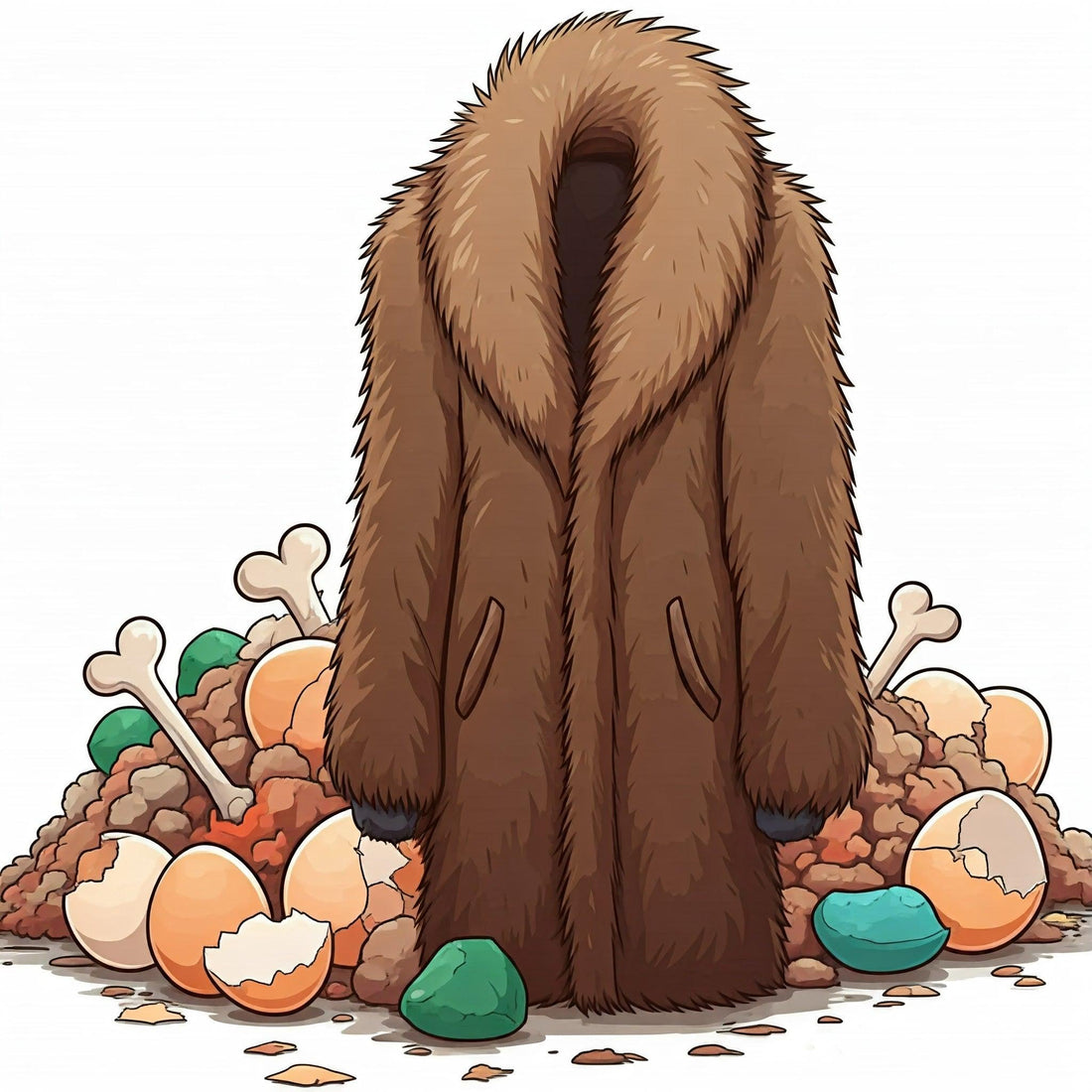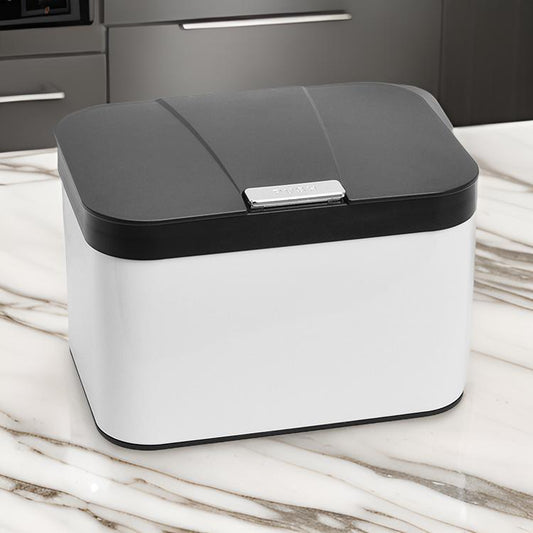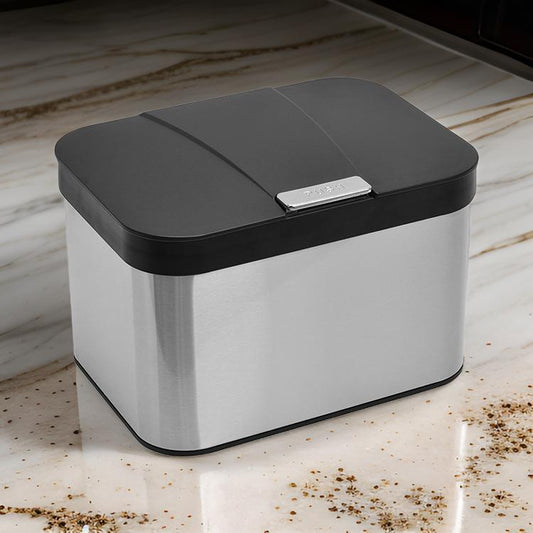
Chicken bones, eggshells and fur in a bio waste bin?
Recently, Postimees published an interesting article showing what is collected as bio-waste in Estonian homes, which in turn produces gas and liquid fertilizer. The gas produced at the EKT Ecobios plant is used as fuel by buses on the Tallinn city line, for example, while fields in Northern Estonia are fertilized with liquid fertilizer.
Kalle Grents, the plant's development manager, explained that foreign objects (e.g. non-compostable plastic bags or packaging) still quite often end up in the bio-waste container, which must be sorted out before the fermentation process. This is extra work, which is why biodegradable plastic bags should always be preferred.
According to the factory employee, in addition to the usual plastic bags and glass jars, strange things, such as an electric motor or a furry fur coat, also get into the bio-waste from time to time. Meanwhile, the machine that sorted out the fur was broken, and cleaning it was very time-consuming, according to Grents, the development manager of the factory.
The development manager of a particular plant emphasized that eggshells and bones are not suitable for bio-waste in gas production. But according to our information, eggshells can still be added to bio-waste, because they are still important as fertilizer. However, it is recommended to break the eggshell into smaller pieces before throwing it into the bio-waste, in order to speed up the composting process.
However, bones or crustacean shells must not be thrown into biowaste, they must be placed in household waste. Bones do not compost, and they can also break sorting equipment in factories.
Source: Postman .


